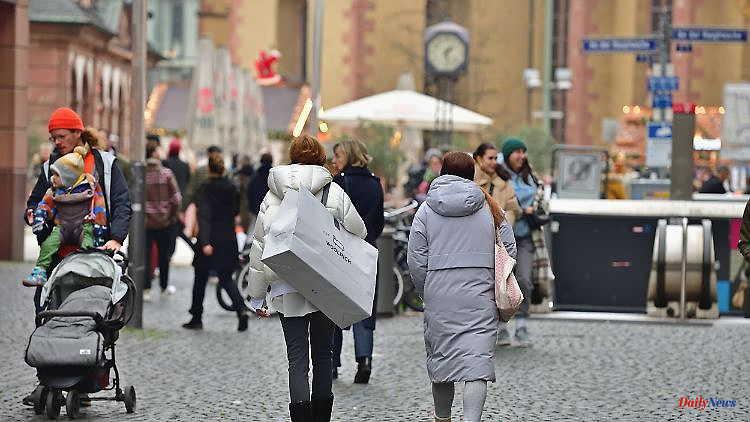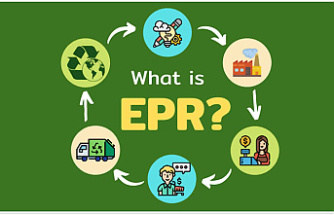The IFO Institute sees the fact that companies in Germany are less likely to want to raise prices as further evidence that inflation has passed its peak. For consumers, the situation remains tense - also in the important food sector.
Fewer and fewer companies in Germany want to raise their prices. The barometer for price expectations for the next three months fell to 35.4 points in January, after 40.1 in December, as the Munich IFO Institute announced in its survey. This is the lowest level in more than a year and a half. "This confirms once again that we have left the peak of the inflation wave behind us," said IFO economics chief Timo Wollmershäuser.
The manufacturing industry in particular, but also service providers, the construction industry and retail are less likely to plan to raise their prices. "However, the inflation rate will remain high in the coming months and the increase in consumer prices will only flatten out gradually," Wollmershäuser warned against being overly optimistic. Above all in the consumer-related areas, expectations are still high and are only slowly declining. Grocery, toy and stationery retailers, travel agencies and tour operators as well as hotels are even planning to ask their customers to pay more than in the previous month.
On the other hand, price expectations in the retail trade for bicycles, entertainment and household electronics and in the catering trade have fallen. In the manufacturing sector, they have fallen in almost all areas. "In particular, the energy-intensive industries benefit from falling market prices for natural gas, crude oil and electricity," say the Munich researchers. In the paper industry, the majority of the companies surveyed want to charge less in the future.
According to economists, the burden on German consumers from inflation increased significantly in January. According to a survey of economists from twelve banks by the Reuters news agency, consumer prices are likely to have risen by 9.2 percent compared to the same month last year. In December, the inflation rate fell to 8.6 percent, after it had been 10.0 percent in November and even reached 10.4 percent in October, the highest level in more than 70 years. Some of the economists surveyed even consider it possible that the rate of price increases will return to double digits at the beginning of the year.












